Tips for Working With a Commercial Property Management Agent
Finding the right space for your business is just the beginning. Once you’ve secured a commercial property, maintaining a strong relationship with your property management agent is crucial for a smooth and hassle-free leasing experience. Your relationship with your property management agent can be the difference between a stress-free and successful business operation and one fraught with misunderstandings, delayed responses, or unmet expectations. It’s essential to keep communication channels open, be proactive, and understand your responsibilities as a tenant. Below are essential tips to help you work effectively with your commercial property management agent, ensuring a smooth and productive leasing experience.
Establish Open and Clear Communication
Clear communication is key to any successful relationship, especially when working with a commercial property management agent. As a tenant, it’s essential to express your needs, concerns, and expectations right from the start. Regular communication about maintenance requests, lease questions, and any issues you might face ensures that your concerns are addressed promptly. Effective communication fosters trust and transparency, which benefits both you and your property management agent. It ensures that everyone is on the same page, reducing the risk of misunderstandings and delays.
For example, if you notice something that needs fixing, such as a leaking faucet or a malfunctioning air conditioner, it’s crucial to notify your property management agent as soon as possible. Don’t wait until the issue escalates into something more significant. By reporting issues in a timely manner, you prevent unnecessary disruptions to your business operations, and you also allow your agent to address the situation before it becomes a more complicated or expensive repair.
Establishing clear communication at the outset of your relationship with your property management agent sets the tone for the entire lease period. Regular check-ins, either through email, phone calls, or in-person meetings, can help ensure you remain aligned and any potential issues are addressed before they become more significant concerns. In turn, your property management team will appreciate your proactive attitude and commitment to working together to maintain the property.
Clarify Lease Terms and Expectations Early On
When you sign a lease for a commercial property, it’s important to fully understand the terms and expectations set out by the property management team. Before you move in, go over the lease with your agent and ask for clarification on areas such as rent payment schedules, maintenance responsibilities, and other crucial details. While the lease is a legally binding document, there are often nuances that can be overlooked if not carefully reviewed. Taking the time to read through the agreement thoroughly and asking questions about anything unclear can prevent unpleasant surprises later on.
Some common areas to focus on include the rent schedule, payment methods, and what’s included in the rent (e.g., utilities, maintenance, property taxes). Additionally, ensure you understand your responsibilities regarding repairs and upkeep. Some leases include clauses that specify who is responsible for minor repairs or upkeep, while others leave these duties entirely to the landlord or property management team. Understanding what is expected of you as a tenant is essential for avoiding any potential disagreements or complications down the line.
It’s also important to discuss the length of your lease, renewal options, and rent escalations (if applicable). In some cases, a property management agent may offer a longer lease term with more favorable terms, while in other situations, you might prefer a shorter-term lease with more flexibility. Clarifying these details upfront can help prevent misunderstandings later, especially if your business needs change during your lease period.
Moreover, if your business has specific requirements for the space—such as alterations or special equipment—make sure these needs are addressed in the lease agreement. By having these stipulations in writing, you avoid any confusion about what’s permitted and what isn’t. An open discussion about your unique needs can ensure that your commercial property will support your business operations effectively.
Trust the Property Management Team’s Expertise and Reliability
Your property management agent brings valuable expertise when it comes to maintaining the building and ensuring a safe, functional space for your business. According to the National Association of Realtors, the commercial real estate market is expected to continue growing, with a projected annual growth rate of 2.22% between 2025 and 2029. This highlights the importance of trusting their knowledge in areas such as repairs, utilities, and building regulations is crucial for a smooth leasing experience. If you ever have concerns about the property or need assistance with something, your agent is there to guide you. Their understanding of commercial property operations will help you resolve any issues quickly, allowing you to focus on running your business without interruptions.
For instance, if you experience a plumbing issue, a property management agent can quickly arrange for professional repairs, ensuring that everything is handled properly and safely. Similarly, if the building requires electrical updates or HVAC maintenance, your property manager will coordinate these services to keep the space in excellent working order. Trusting the agent’s reliability and expertise in these matters will save you time and resources.
Moreover, your property management agent is familiar with local building codes and regulations. They will ensure that your commercial property is compliant with all relevant laws, including fire codes, health and safety regulations, and accessibility standards. Being aware of these legal requirements is crucial for your business, as failing to comply with regulations could result in fines, penalties, or even legal action. By relying on your property management team’s expertise, you avoid these risks and keep your business operations running smoothly.
Additionally, a property management agent can offer valuable insights into market trends and help you make informed decisions regarding your lease renewal or expansion. Their expertise can guide you on whether it’s time to renegotiate your lease or find a new space, depending on how the commercial real estate market is evolving. A trusted agent can help you make the right decisions for your business, both now and in the future.
Maintain a Professional Relationship
While it’s important to have a good working relationship with your commercial property management agent, maintaining professionalism is key. Ensure that your interactions are respectful and businesslike. Being prompt with rent payments, following the rules outlined in the lease, and keeping the property in good condition will foster a positive relationship between you and the property management team. In turn, this makes it easier for you to address any issues that may arise and allows your agent to handle your needs more effectively.
If you encounter any problems or have concerns, approach them with a problem-solving mindset rather than as a confrontation. A professional approach will help you maintain a productive relationship and build mutual respect with your property management team. In cases where conflicts arise, try to resolve them calmly and in accordance with the terms of your lease.
Building a positive working relationship with your commercial property management agent is essential for a smooth and successful leasing experience. By establishing clear communication, understanding the lease terms, and trusting your agent’s expertise, you’ll ensure that your business can thrive in a well-maintained, functional space. Always approach the relationship with professionalism and respect, and be proactive in addressing any issues that arise. By fostering a strong relationship with your property management agent, you’ll have the peace of mind that your commercial property is in good hands. Are you in need of an office rental space? Call Alterra Real Estate Advisors and speak to someone on our team to learn more!



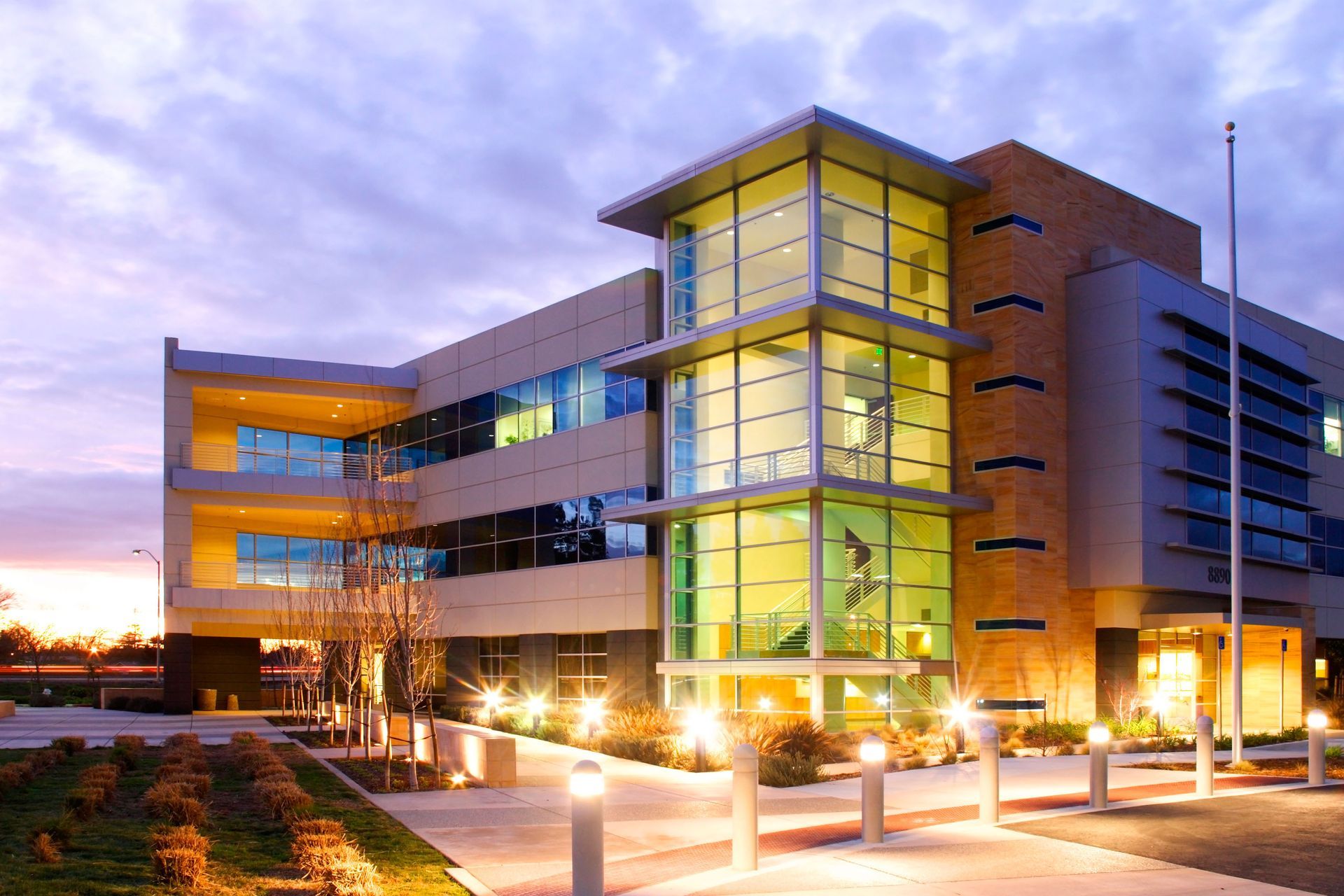
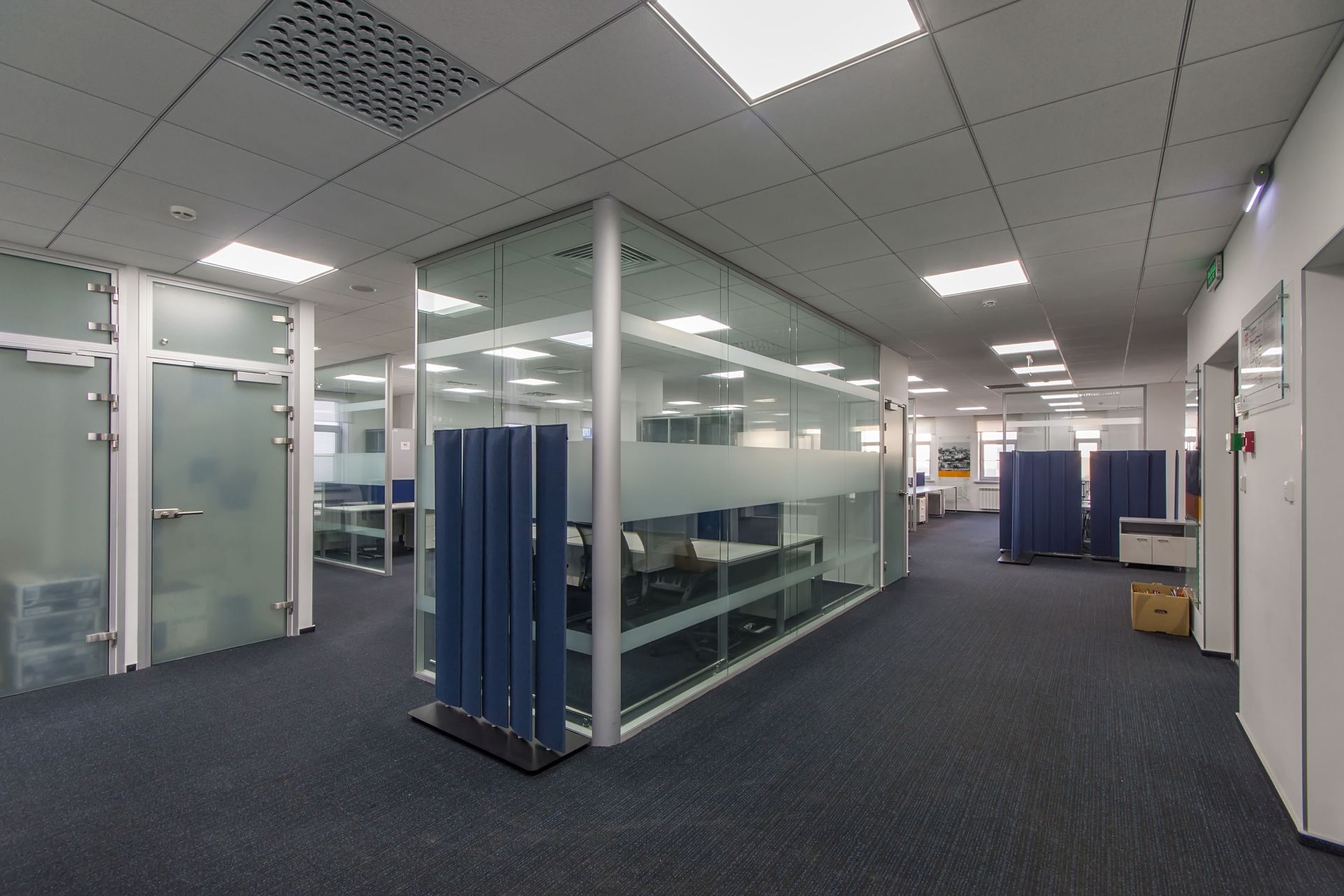

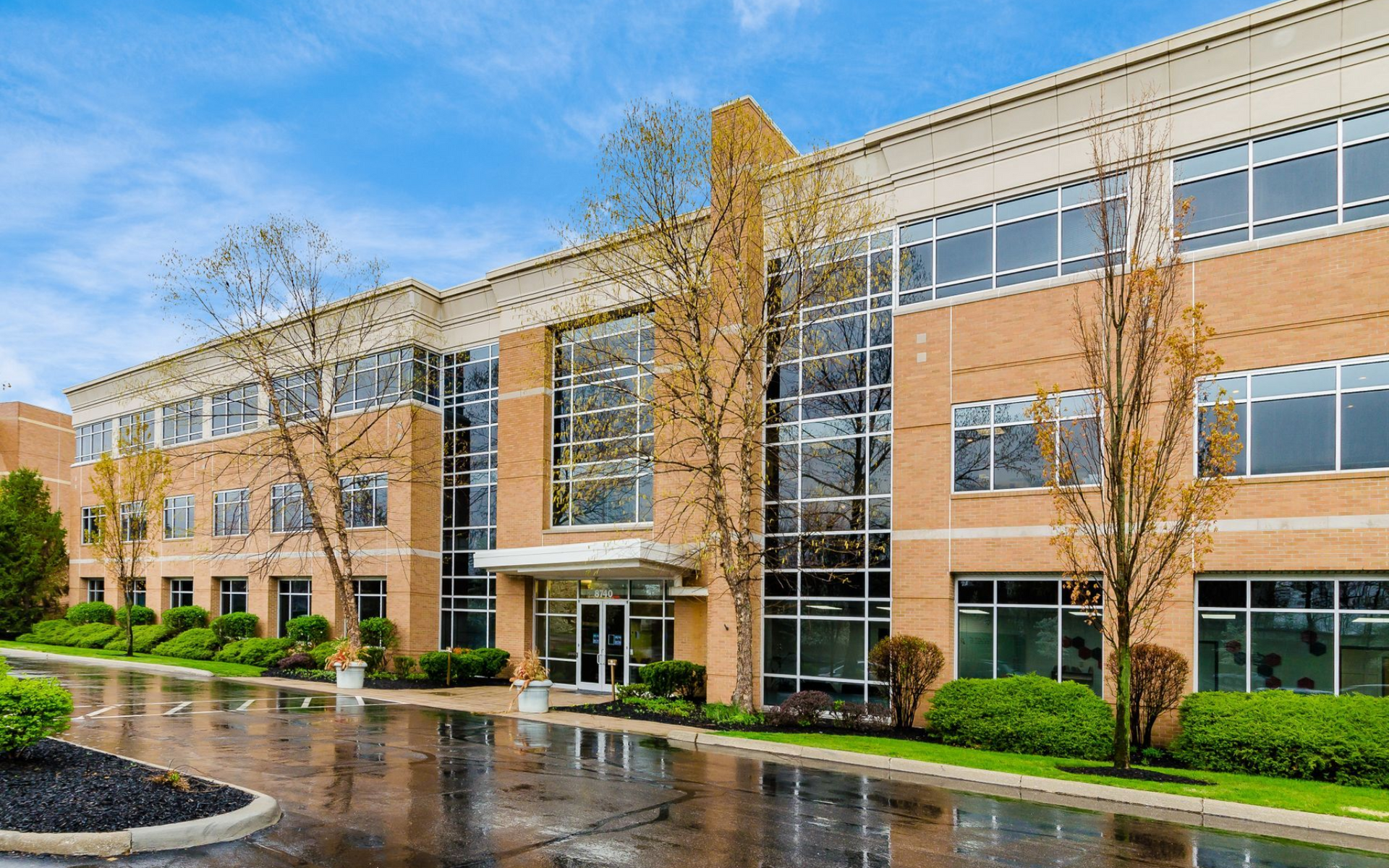
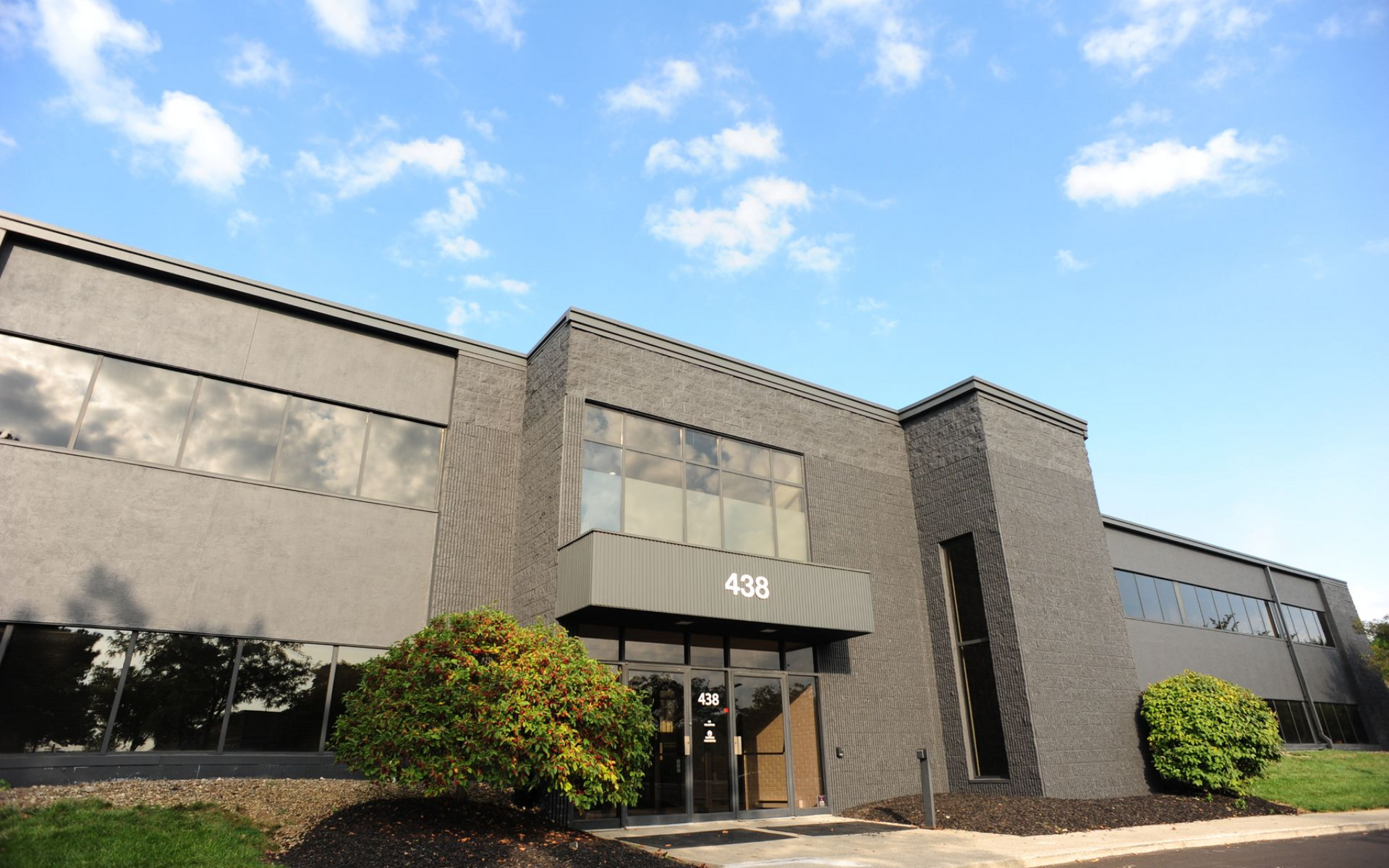
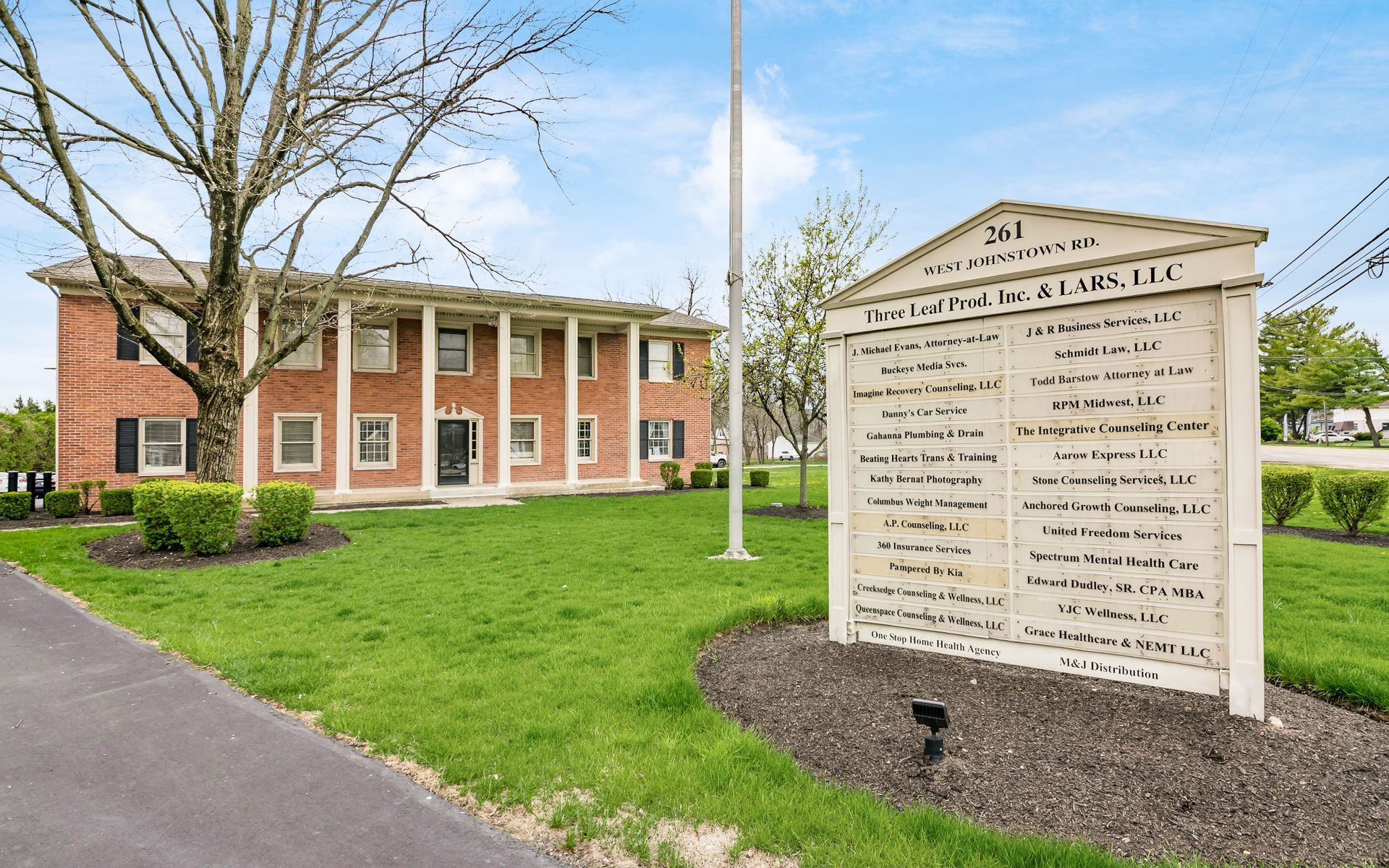
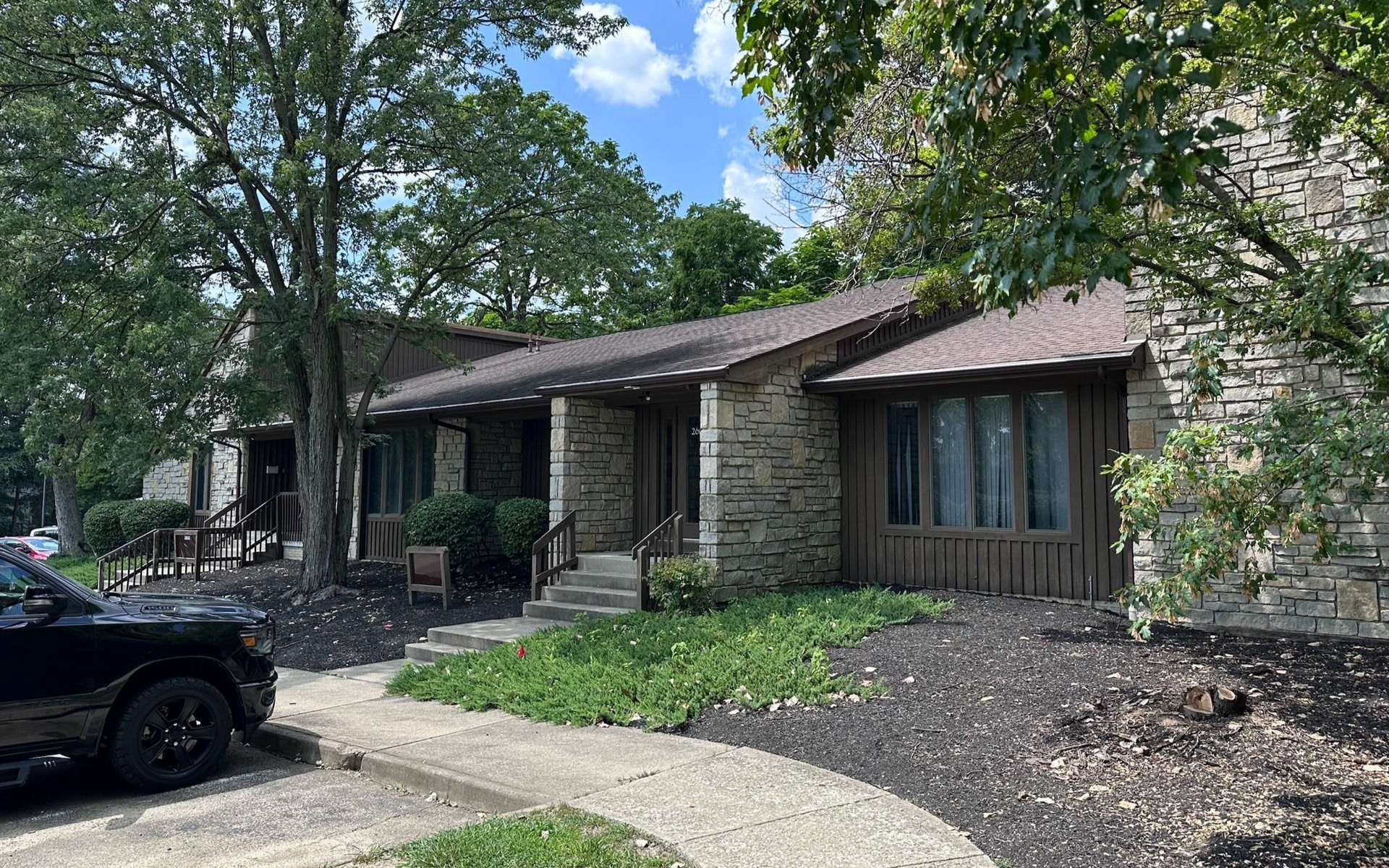
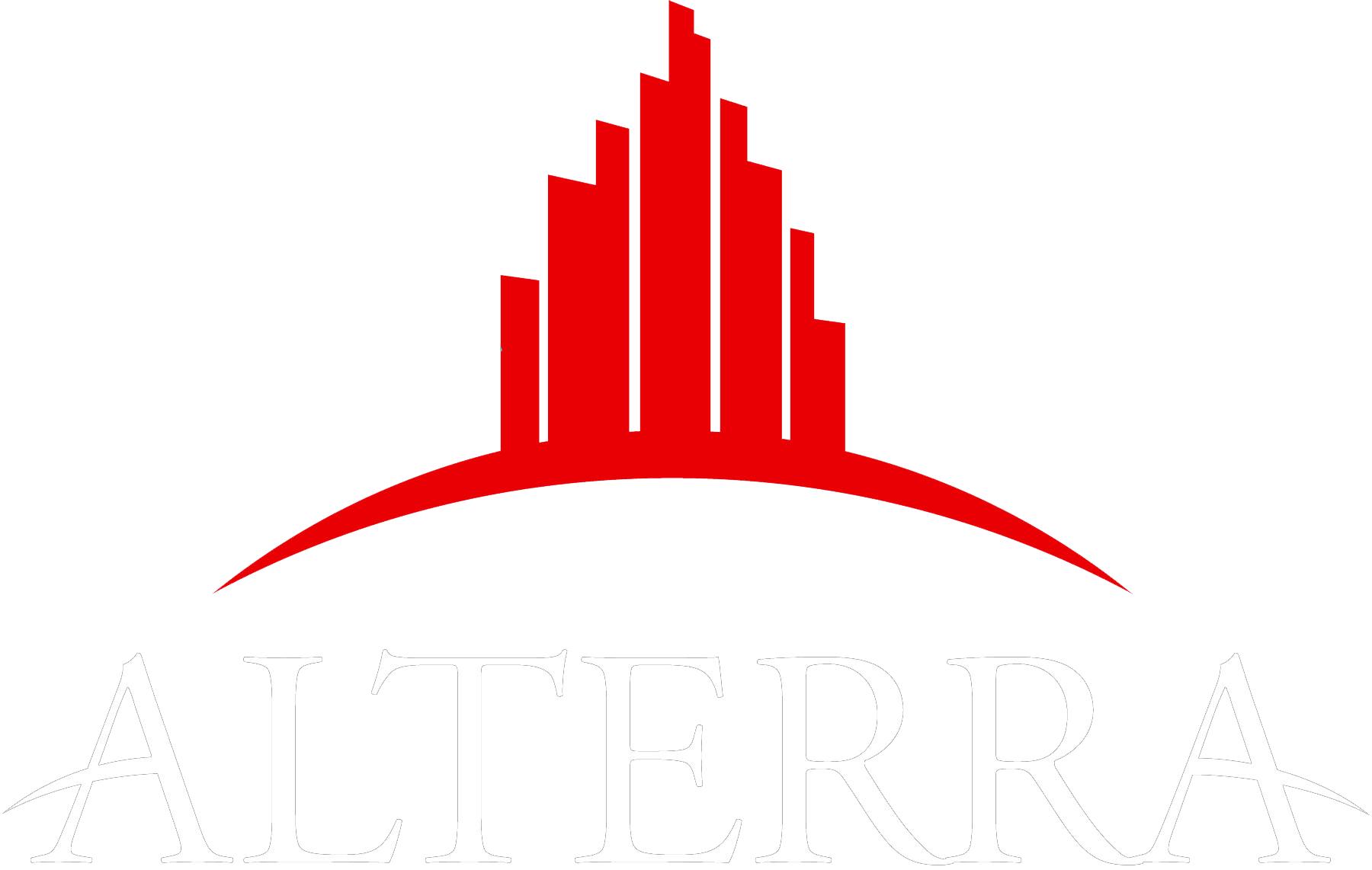

Share On: